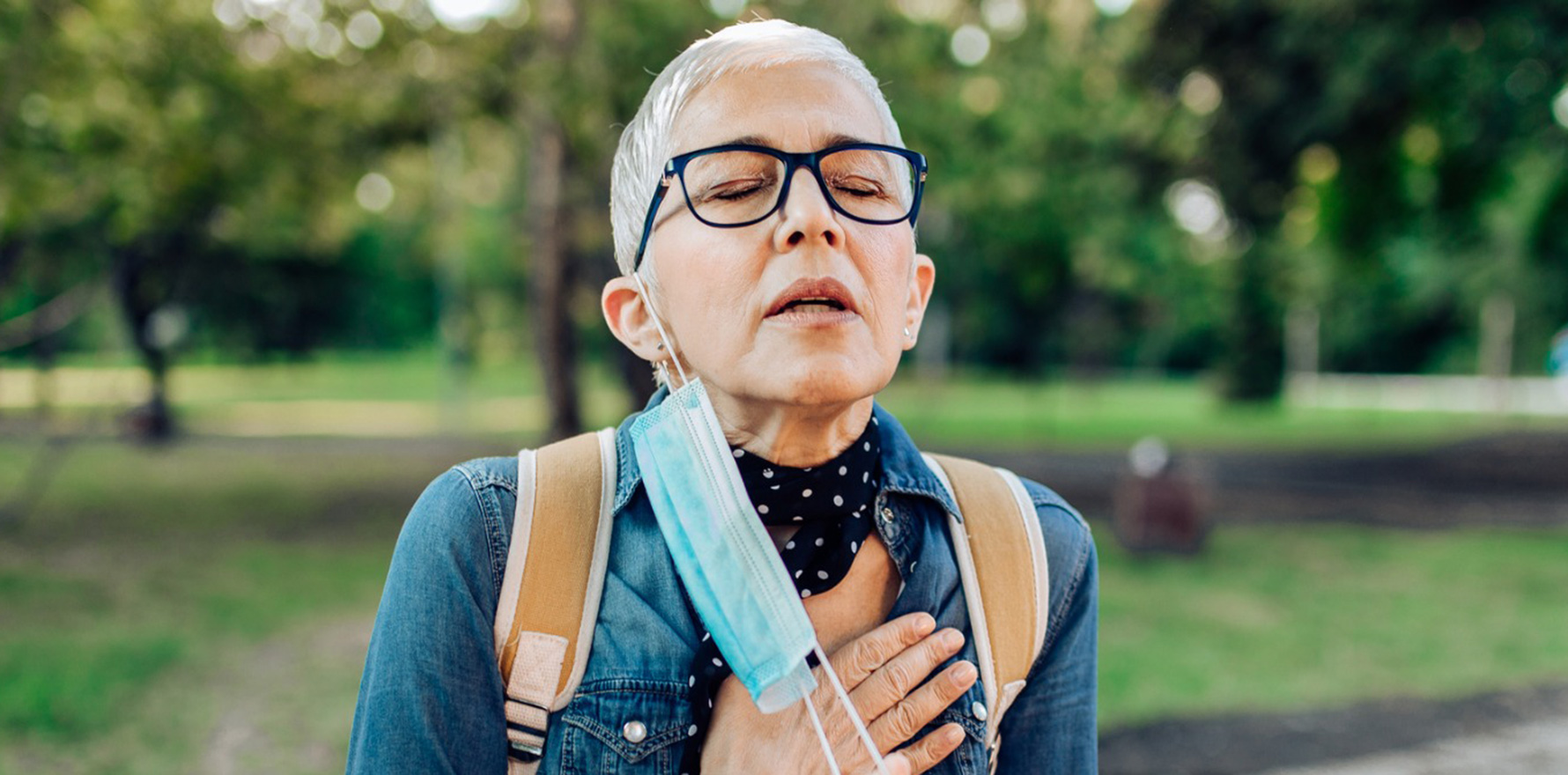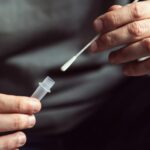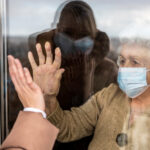A government package to extend covid response measures includes money for GP-led respiratory clinics, but the flagship clinic has missed out.
Health Minister Mark Butler announced today the government would put up $48 million to extend the operation of around 100 existing GP-led respiratory clinics until the end of the year.
The money for the clinics comes as part of a $1.4 billion package that extends covid measures, currently due to expire on 30 September, to 31 December 2022.
But a key respiratory clinic in Balmain in Sydney’s inner west looks set to close its doors within two weeks.
Located in Prime Minister Anthony Albanese’s electorate of Grayndler, the Inner West GP Respiratory Clinic opened in 2020 and provides bulk-billed consultations for patients with covid and other respiratory illnesses. Its medical director is AMA NSW president Dr Michael Bonning.
“In determining which GP respiratory clinics (GPRCs) should continue to operate, the department has taken an evidence-based approach which includes consideration of location, distance to alternative health care facilities, population demographics and demand,” a health department spokesperson told TMR.
“Scalable, demand-driven calibration of GPRCs is in keeping with the original design of a flexible and agile surge capability that can be deployed in an emergency setting.”
But the clinic’s head of nursing, Megan Guy, said the closure would leave respiratory patients with few options.
“You can go and get a swab from a pathology clinic, but that’s not what we do,” she said.
“We’re an actual respiratory clinic where you can come in and have respiratory symptoms checked and then you can be seen by a GP as well. We’re not a swab and go service; we’re the flagship site for the GP respiratory clinic rollout.
“I’m really wondering where they think the 200 patients a week that we see are going to go.”
Associate Professor Charlotte Hespe, chair of the RACGP’s NSW/ACT faculty, said while change was probably coming, this was not the way to handle it.
“It’s probably time for us to say, we’ve got to go back to business as usual and ask what does that look like, and how do we set up systems within each standard general practice,” Professor Hespe said.
“But we haven’t actually had the chance to do that before they’ve said, we’re going to defund the clinics and everything’s got to go back. Plus, the patients themselves haven’t really been handed over properly. We had to set up fast, but we don’t actually need to defund or take them down fast. We could actually transition over three months and let everybody know how we’re going to manage it, get all the systems in place, and then we’ll close them down.
“As to staff, they’ve been providing this key service and then they get no notice that they’ve got to tell everybody to go away. It’s a matter of common decency. If you’re running a business, you don’t just close it down without notice.”
Clinic nurse Hayley Chandler – who recently launched an online petition to oppose the closure – said there are still GPs in the area who don’t offer face-to-face appointments for patients with covid or those without a confirmed negative PCR test.
The clinic “bridged this gap for the community and provided excellent respiratory care”, Ms Chandler said, noting that by May this year, waiting times for an appointment had blown out to more than four days.
“With the closure of the respiratory clinic, there will be more pressure on GPs and emergency departments to meet the healthcare needs of unwell patients – especially those with respiratory illnesses.”
Professor Hespe said arrangements need to be made for how respiratory symptom patients see GPs.
“Most of the GPs I know have been very happy to not to have to see patients with respiratory symptoms because it just [makes it simpler] for everybody. And there are a lot of doctors who still just feel at risk,” she said.
“We need to set up an appropriate protocol for a standard general practice seeing patients – who will also be telling us less and less that they have respiratory symptoms. But we need to be able to do this with lead-up time, and we need to notify all the patients who’ve been to that clinic that this is what’s going to happen.”
Along with the $48m to extend around 100 GP-led respiratory clinics, the health minister this morning announced:
- $5m to extend telehealth MBS items to prescribe lifesaving antivirals
- $5.5m in additional rebates for face-to-face GP visits for patients with covid
- $235m to ensure PPE, treatments, rapid antigen tests and other supplies from the National Medical Stockpile for aged care, primary care, disability care and First Nations health services and frontline healthcare workers
- $840m in additional funding for the Aged Care Support Program, including $35m for ongoing on?site PCR testing in aged care
- $115m for the supply of rapid antigen tests to service providers and care recipients in high-risk settings including residential aged care facilities
- $142m in MBS items and rebates from 1 October for testing SARS-CoV-2 and other respiratory viruses, where appropriate
- continued communication activities to ensure Australians can make informed choices about how to protect themselves and their communities from covid
“GP respiratory clinics are designed to fulfil a specific role in the emergency health landscape – to reduce the pressure on public hospitals and general practice in limiting the spread and impact of covid in the community,” the health department spokesperson said.
“Clinics remaining open provide fast and effective testing and treatment for Australians in areas of need and the additional funding will see them continue their critical role in a response network that includes GP, hospital and other community health services.”






